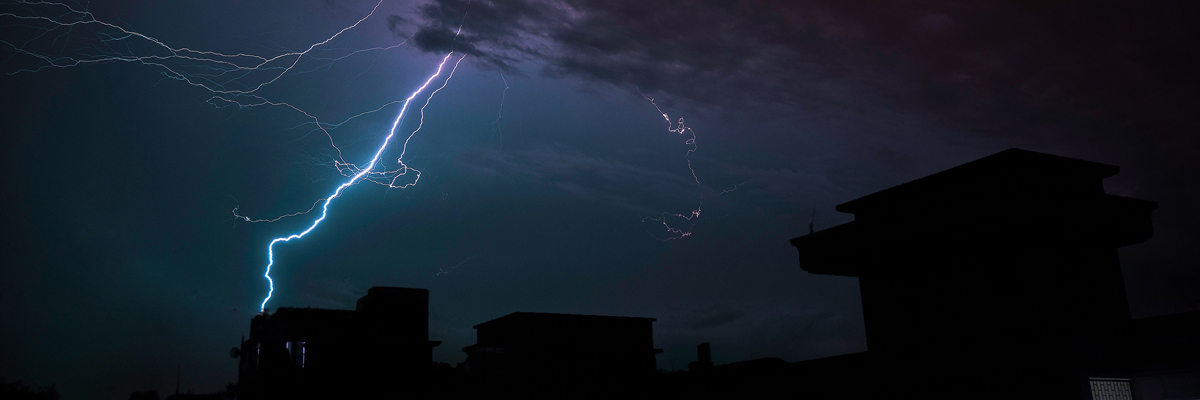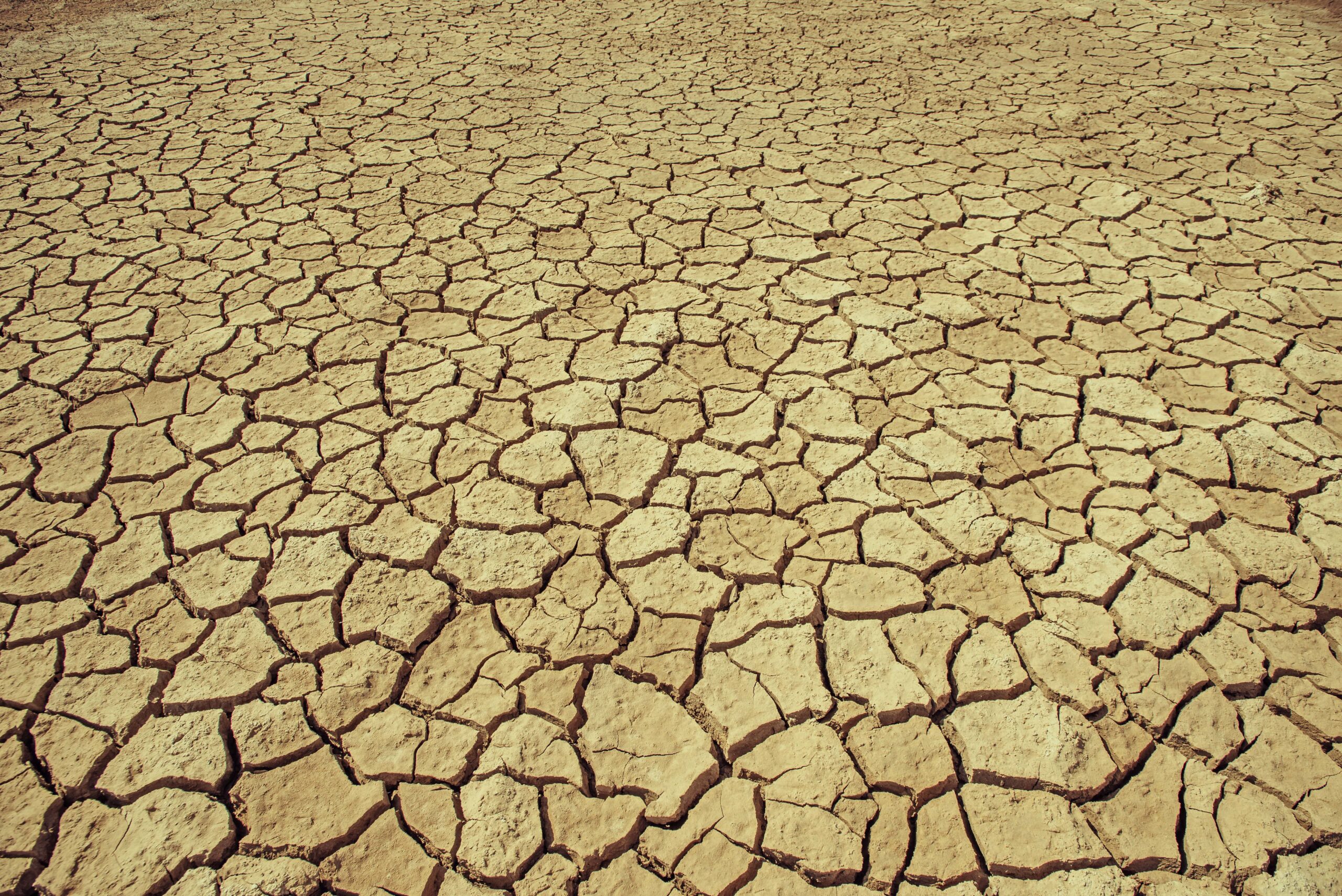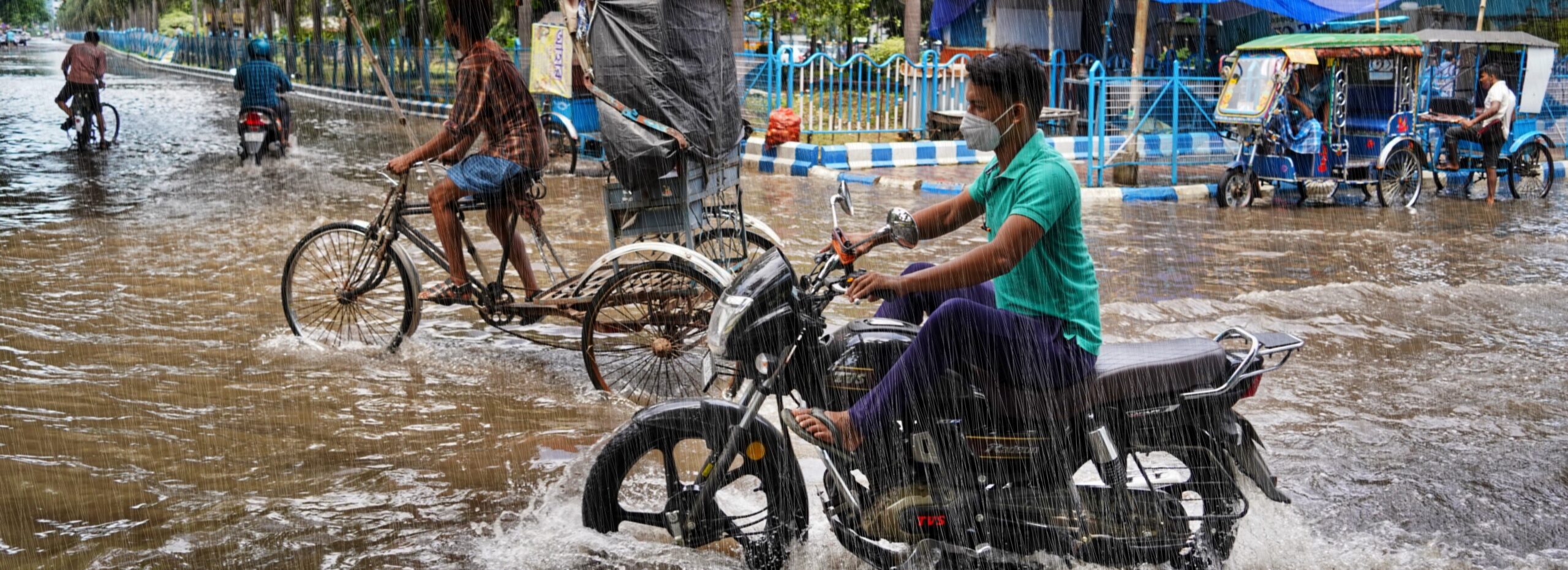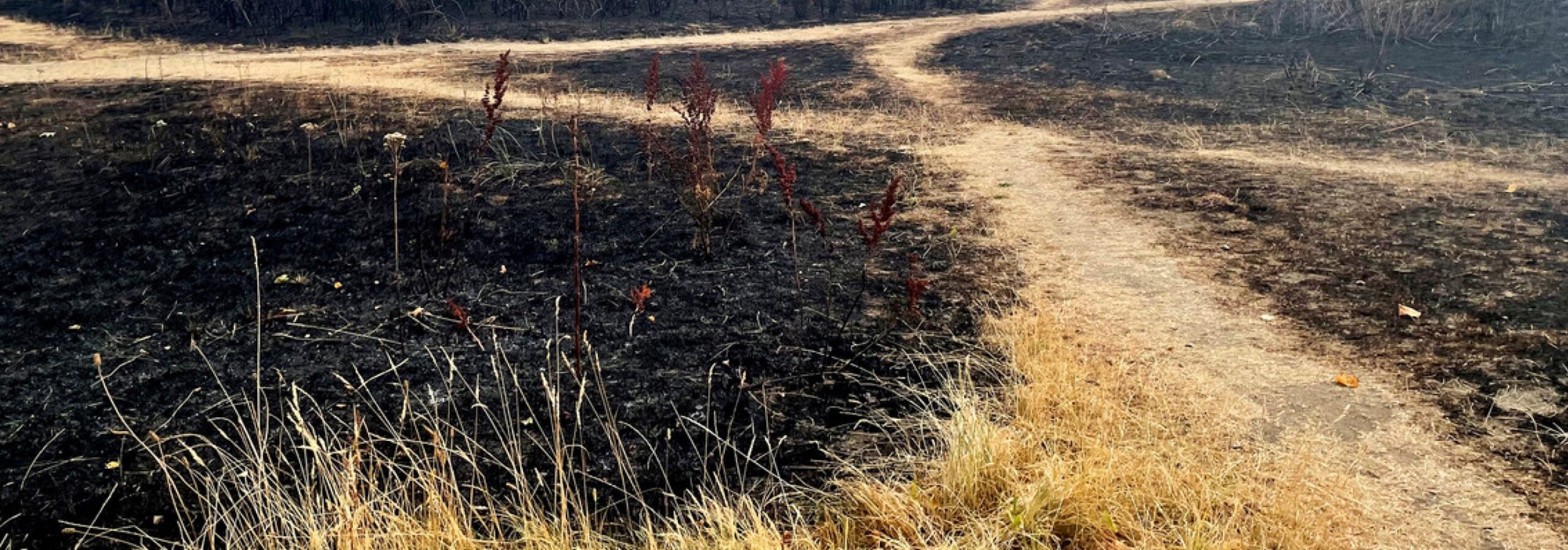Funding for this project came jointly from Wendy and Eric Schmidt, and the UK Department for International Development (DFID).
Background
Scientists now have the means to determine if human-induced climate change contributed to an extreme event. Techniques for attributing such extreme events to climate change – in nearly-real time – have advanced recently and are considered the new frontier of climate science. If scientists detect that climate change has played a role, they can identify how climate change increased the intensity of an event, indicate how often such events are likely to happen in the future, and work with countries to prepare and brace for future extreme weather events.
Project goals
The goal of RRA was to better understand the changing the level of risk from extreme weather events in developing countries, help to bridge the science-communications-policy gap, and enable these countries to become more resilient in a warming world. RRA’s goal was to provide critical climate information to policymakers, practitioners, and the media, and to socialize the climate science with a range of stakeholders in media, policy, and within in-country scientific communities.
What our partners say
Heidi Cullen, Chief Scientist of Climate Central and speaking on behalf of WWA, said: “There is a pressing need to assess the underlying drivers of extreme weather events to understand how climate change is altering the risk of these events both now and in the future.”
Maarten van Aalst, Director of the Red Cross Red Crescent Climate Centre, another WWA partner, said: “It makes a real difference to policymakers and planners if they can find out quickly after a disaster whether such extreme events are becoming more or less frequent. Some decisions about recovery and reconstruction need to be made within days or weeks.”
“Weather-related disasters are having the greatest impact on developing countries, where data may be scarce and research limited,” added Wendy Schmidt. “Raising Risk Awareness will bring modeling and the analysis of big data to those who need the information the most.”
“We are looking to kick off new conversations about how developing countries can reduce their vulnerability to climate change and construct more resilient societies after climate-related disasters,” said Sam Bickersteth, CDKN’s Chief Executive.
“Sea level rise caused by human activity, through carbon emissions and warming, makes every coastal flood bigger and more destructive,” said Ben Strauss, Vice President of Sea Level and Climate Impacts at Climate Central. “More accurate local assessments of coastal flood threats in the context of rising seas can give communities the information they need to prepare before disasters occur.”
Members of the public can also have a role to play in assessing the role of climate change in extreme weather events. Friederike Otto, Senior Researcher at Oxford University, a part of WWA, explained: “For our regional climate modelling, we are entirely dependent on the computing time donations from members of the public. Volunteers can sign up to participate in climateprediction.net, which harnesses the power of thousands of personal computers to run our models.”
Achievements
Extreme event attribution understanding and capacity varied across the project’s countries in East Africa and South Asia. Through a series of workshops and meetings with key stakeholders from the scientific, communications, and policy communities in each country, the RRA team identified existing levels of extreme event attribution awareness, understanding and capacity, and designed strategies for developing the project based on each country’s baseline assessment. Through this work, RRA:
Enhanced local scientific capacity to perform, use, and understand extreme event attribution
Advanced understanding of how to effectively communicate extreme event attribution
Identified and worked with key international stakeholders for whom extreme event attribution would be useful
Produced scientific analyses, papers and summaries
Produced policy briefs
Produced presentation and films
Produced infographics and animations
Conducted workshops, webinars, and briefings for stakeholders
Expanded our work in partnership with a range of international stakeholders
Knowledge Products:
The Raising Risk Awareness project ran from 2016 through 2017.





